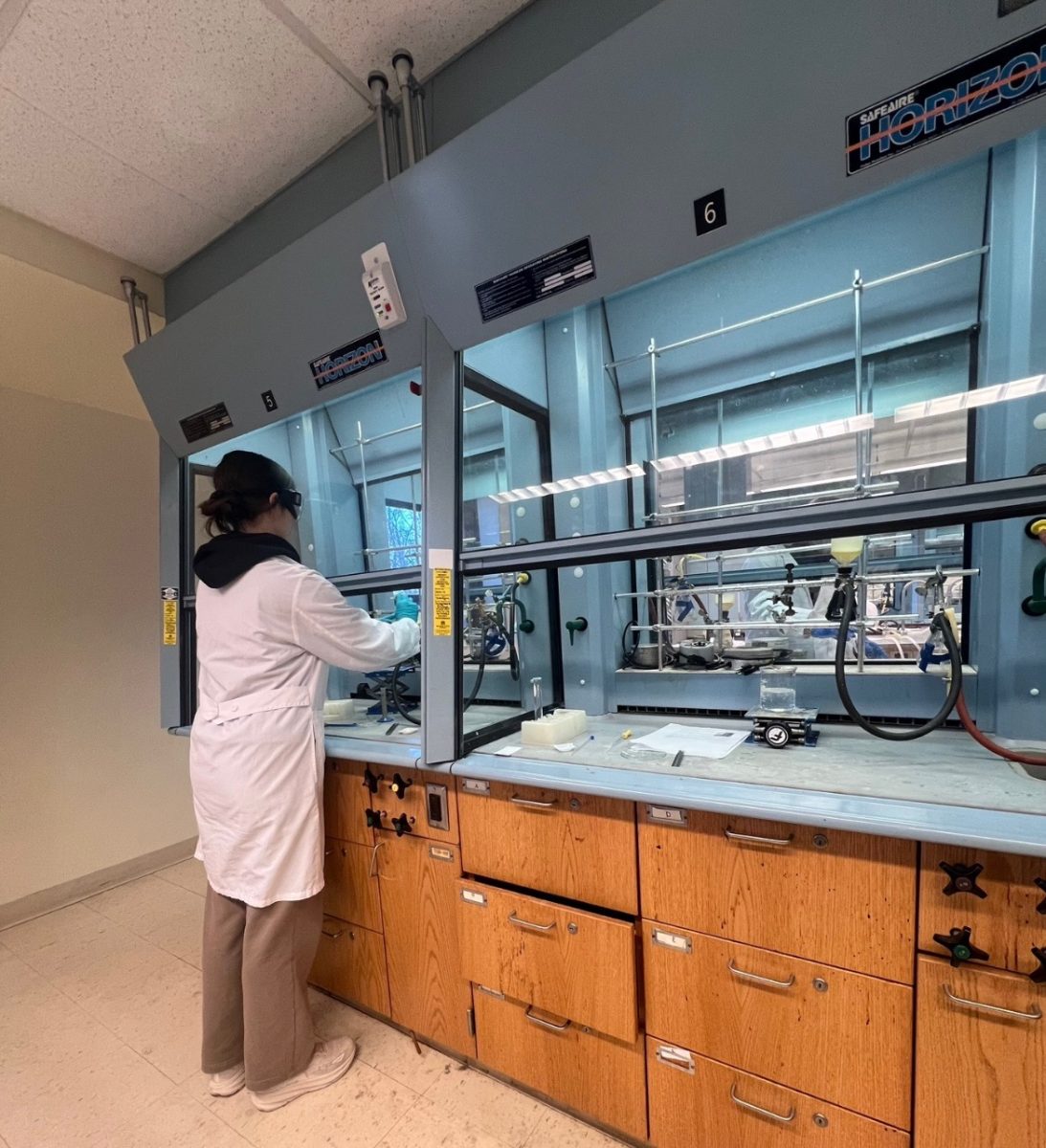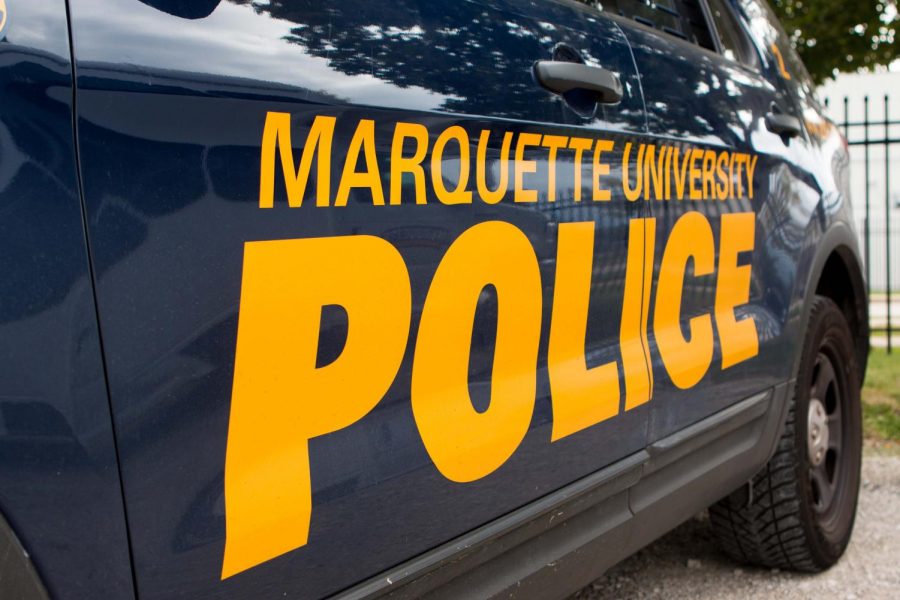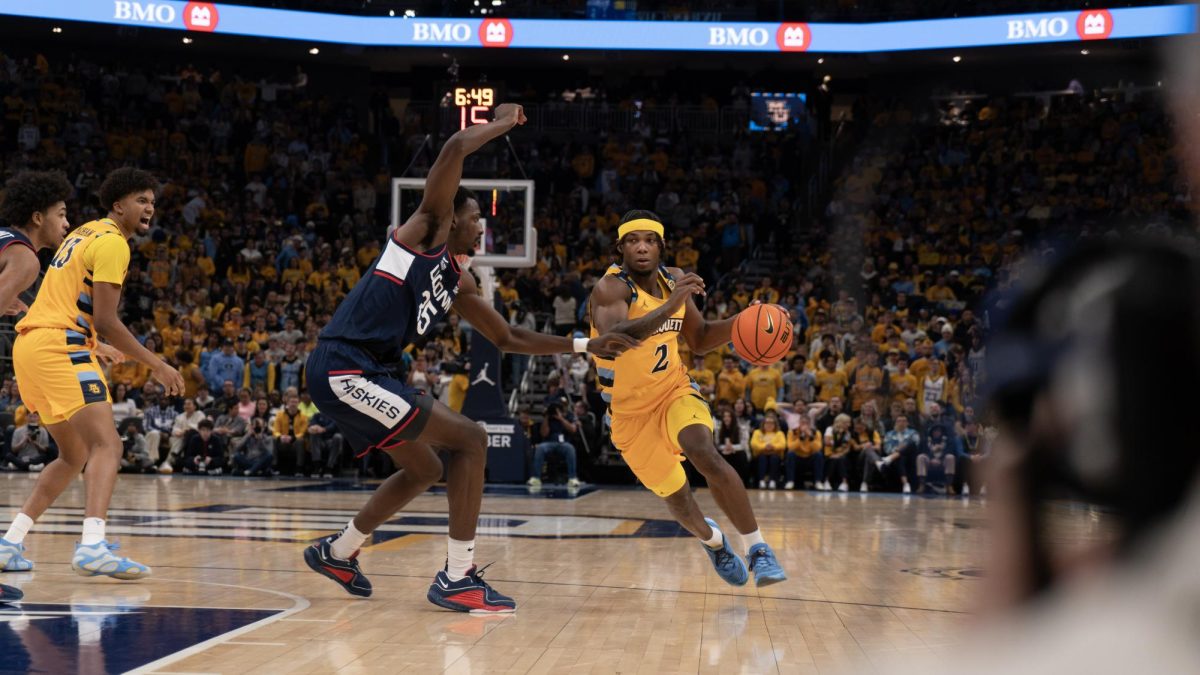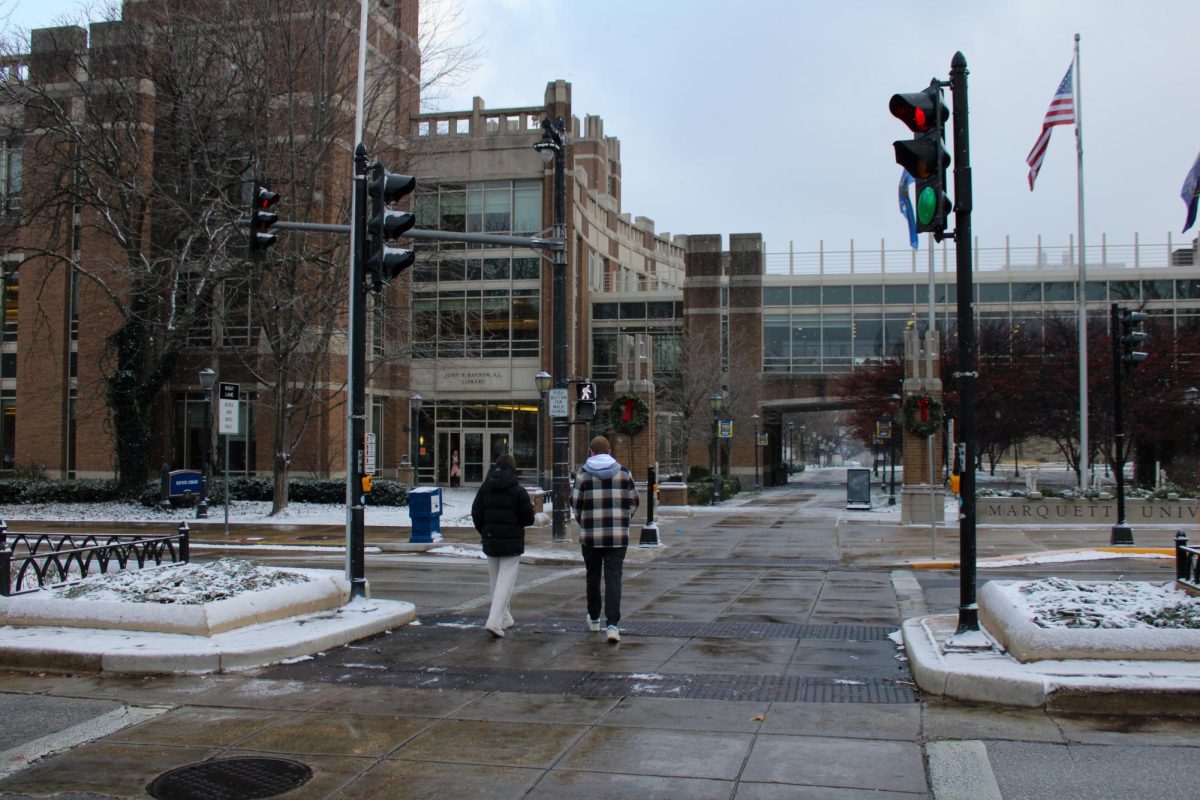I strongly disagree with the notion that underage drinking is just part of the college experience and should be allowed to continue unfettered. Such an argument boils down to the idea that one should drink simply because other people do. Peer pressure is not a good basis for doing something, nor is “tradition.” Neither of those justifications give a valid reason to drink underage.
Still, no one claims that people always do things for rational reasons or that people always make good choices. I understand that underage drinking will not suddenly stop just because the reasoning behind it is faulty. However, Marquette does have good reasons to try to limit it as best the school can.
It is because underage drinking has clear negative impacts on students that Marquette should be tougher on underage drinkers rather than cut them more slack.
According to the American Medical Association, underage drinking can cause long-lasting and irreversible damage to one’s brain because the brain is still using a high level of energy until age 20.
A 2006 U.S. Department of Health and Human Services report listed liver damage as another harm of underage drinking. Also, the short-term effects of drinking impair learning and memory far more in youth than in adults, so even moderate underage drinkers face fairly significant consequences of drinking.
Despite such long-term damages of underage drinking, many people still argue that drinking in college is fine since young people’s bodies can recover quickly and handle the effects of alcohol. That assertion is patently false. The American Medical Association explains that “rather than ‘outgrowing’ alcohol use, young abusers are significantly more likely to have drinking problems as adults.”
The AMA adds that the effects of binge drinking significantly damage long-term memory as well. All of these health effects are in addition to other negative effects of drinking, such as a loss of inhibitions, lower educational attainment and short-term memory loss.
I acknowledge that many people do not heed such warnings. Otherwise 5,000 people under 21 would not die every year from underage drinking. Still, the issue is not whether all underage drinking can be stopped, but rather what actions Marquette should take about it.
All of these harms are things Marquette ought to discourage. And anything that endangers its student body as much as underage drinking should not be tolerated. Likewise, there is good reason to believe that underage drinking significantly impairs educational attainment, which is completely contrary to the goals of Marquette and those of any institution of higher learning.
I understand how widespread underage drinking is and the difficulty associated with curbing it. However, the least Marquette can do is send a signal that such dangerous activity is not OK. Giving underage drinkers more slack is exactly the opposite of the action the university should take.
Jeff Simard is a sophomore in College of Arts & Sciences.





